
Post by : Monika
In New York, a very important meeting took place that has attracted the attention of the world. The foreign minister of the United Arab Emirates (UAE), Sheikh Abdullah bin Zayed Al Nahyan, sat down with Israeli Prime Minister Benjamin Netanyahu during the week of the United Nations General Assembly.
This was not an ordinary meeting. It was the first face-to-face meeting between Netanyahu and a senior Arab leader since September 9, when Israel carried out a powerful strike against Hamas leaders living in Qatar. That attack caused deep anger in the Arab world, and the UAE, despite having official relations with Israel, expressed strong opposition.
The UAE government even called in Israel’s deputy ambassador to protest the strike. This showed how serious the situation was. Yet, even after that dispute, Sheikh Abdullah chose to meet Netanyahu. The purpose was to deliver a very direct and clear message: the Gaza war must end.
Why This Meeting Matters
The war in Gaza has been going on for nearly a year, bringing destruction, death, and suffering to both Palestinians and Israelis. The conflict began after the Hamas attack on Israel, and Israel’s military response has led to tens of thousands of casualties in Gaza. Entire neighborhoods have been destroyed, families displaced, and humanitarian aid has struggled to reach those in need.
In this environment, when a leading Arab diplomat meets Netanyahu, it becomes a very big deal. The UAE was one of the first Arab countries to normalize relations with Israel in 2020, through an agreement called the Abraham Accords. That peace deal was signed under the sponsorship of the United States.
The agreement opened doors for business, trade, technology, tourism, and even military cooperation between the two nations. But from the very beginning, the UAE had warned Israel not to take actions that would make the peace fragile.
One of the main warnings was about annexation of West Bank lands. The UAE said if Israel tried to take over large parts of Palestinian territory, it would harm the relationship and even risk breaking the peace deal.
Because of this background, Sheikh Abdullah’s meeting with Netanyahu was not just a normal diplomatic talk. It was a reminder that the UAE wants Israel to return to the path of peace, not conflict.
The UAE’s Message
According to statements released after the meeting, Sheikh Abdullah told Netanyahu very clearly that the UAE is deeply committed to peace. But peace must not be empty words. It has to be based on real actions and fair solutions.
The UAE supports a two-state solution — the idea that Israel and Palestine should exist as two separate countries, living side by side in peace and security. This is not a new idea. It has been the center of international discussions for decades. But in recent years, hopes for such a solution have become weaker as violence, mistrust, and political disagreements grew stronger.
A Difficult Time for Netanyahu
For Netanyahu, this meeting was not easy either. At the United Nations, many leaders have criticized Israel’s actions in Gaza. Large protests have been seen in many countries, with people demanding an end to the war.
In addition, several Western countries — including France, Britain, Canada, Australia, and Portugal — recently announced that they recognize Palestine as a state. This step was intended to put pressure on Israel to accept a peace process.
But Netanyahu strongly rejected this recognition. He said Israel will not accept the creation of a Palestinian state at this time. He argued that such recognition rewards Hamas and its allies, rather than punishing them for the violence of October 7.
This position by Netanyahu makes peace talks extremely difficult. The UAE, while still committed to its peace deal with Israel, is warning that without progress toward two states, the relationship may weaken.
Balancing Peace and Pressure
The UAE is in a very sensitive position. On one hand, it values its new relationship with Israel. Trade between the two countries has grown. There are now direct flights, investments, and cooperation in areas like renewable energy and technology.
On the other hand, the UAE does not want to be seen as ignoring the suffering of Palestinians. The images of destroyed homes, starving children, and crowded refugee camps in Gaza are deeply painful across the Arab world. For the UAE’s leaders, supporting Palestinians is not only a political matter but also a moral duty.
So, Sheikh Abdullah’s message was both friendly and firm. He told Netanyahu that peace is still possible, but the Gaza war must end, and Palestinians must not be ignored.
Growing Pressure from Arab States
The UAE is not alone in this call. Other Arab countries, like Egypt, Jordan, and Qatar, have also pushed for a ceasefire in Gaza. Saudi Arabia, which has been in slow talks with the United States about recognizing Israel, has paused any progress because of the Gaza war.
Arab leaders know that their people are angry about the war. Public opinion in the Middle East is strongly against Israel’s military actions. Even countries that have relations with Israel find it hard to continue normal ties while the war continues.
By meeting Netanyahu, the UAE showed that it is still ready to talk. But the conversation was not one of celebration or friendship. It was about responsibility, pressure, and urgency.
The Risk of Annexation
One of the most sensitive points is Israel’s possible plan to annex parts of the West Bank. This land is home to millions of Palestinians and is at the heart of the dream for a Palestinian state.
If Israel announces annexation, it could destroy the peace process completely. Reports suggest that the UAE might then downgrade its diplomatic relations with Israel — meaning it would reduce cooperation, limit trade, and stop high-level meetings.
For Netanyahu, who sees the Abraham Accords as a historic success, such a step would be a big setback. For the UAE, it would be a necessary move to show solidarity with Palestinians.
International Pressure
The Gaza conflict is no longer just a regional issue. It has become a global crisis. The United Nations, European Union, and many humanitarian groups have called for an end to the war. The suffering in Gaza has been described as one of the worst humanitarian disasters in decades.
At the same time, Israel has strong supporters, especially the United States. Washington continues to provide military aid and diplomatic cover to Israel at the UN. But even in America, there is growing debate, with protests and calls for President Joe Biden to push harder for peace.
In this situation, the UAE’s voice adds weight. As a respected Arab country with global ties, its call for peace carries influence both in the Middle East and in Western capitals.
What Comes Next?
The meeting in New York may not bring immediate results. Wars rarely end with just one conversation. But it sets the stage for further talks and signals that Arab states are not giving up on diplomacy.
The question now is whether Netanyahu will listen. His government has been firm about continuing the war until Hamas is completely destroyed. But the cost of that war is growing every day — not only for Palestinians but also for Israel’s international image and relations.
For Palestinians, the hope is that Arab states like the UAE will continue to push harder for their cause. For Israelis, the challenge is to see that long-term security cannot be achieved only through force.
The meeting between Sheikh Abdullah bin Zayed and Benjamin Netanyahu was short but powerful in meaning. It reminded the world that even during war, there is still space for dialogue.
The UAE’s message was simple yet urgent: end the war in Gaza, return to peace talks, and build a future where both Palestinians and Israelis can live with dignity and safety.
Whether Israel accepts this path is still uncertain. But the fact that such a meeting happened in New York shows that the push for peace is not dead. The world is watching, and the Middle East waits for an answer.
UAE foreign minister


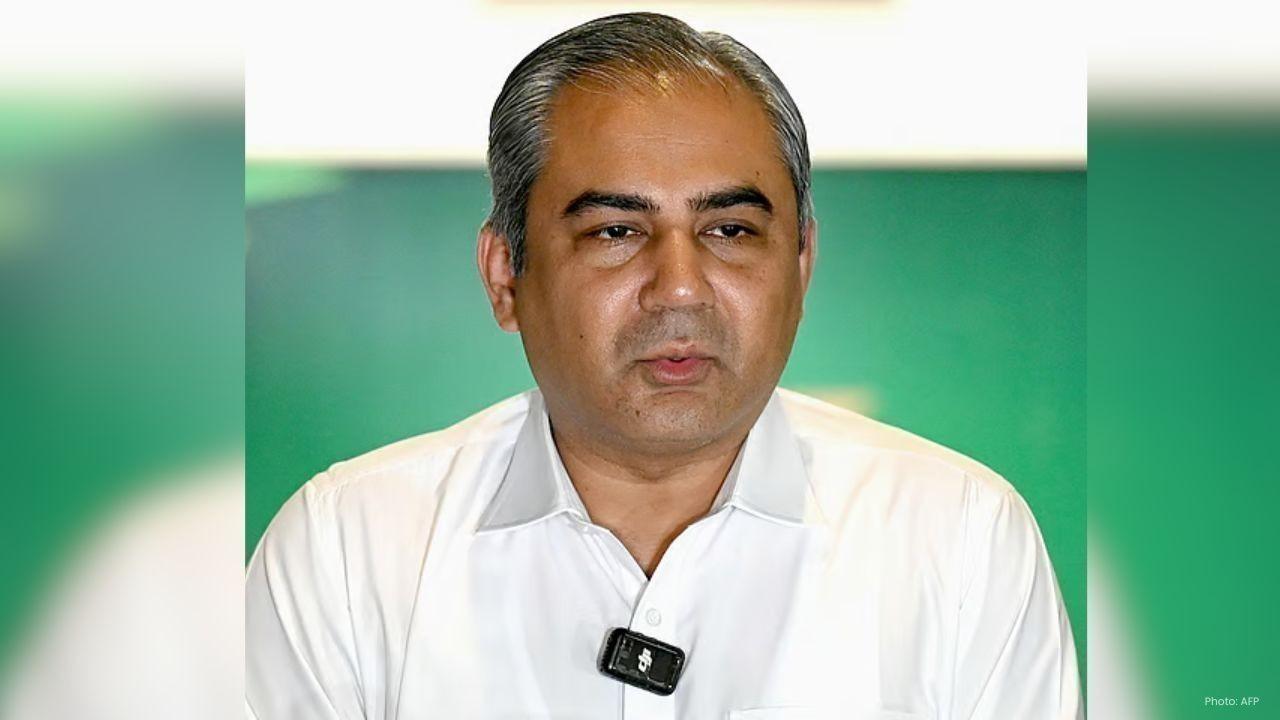
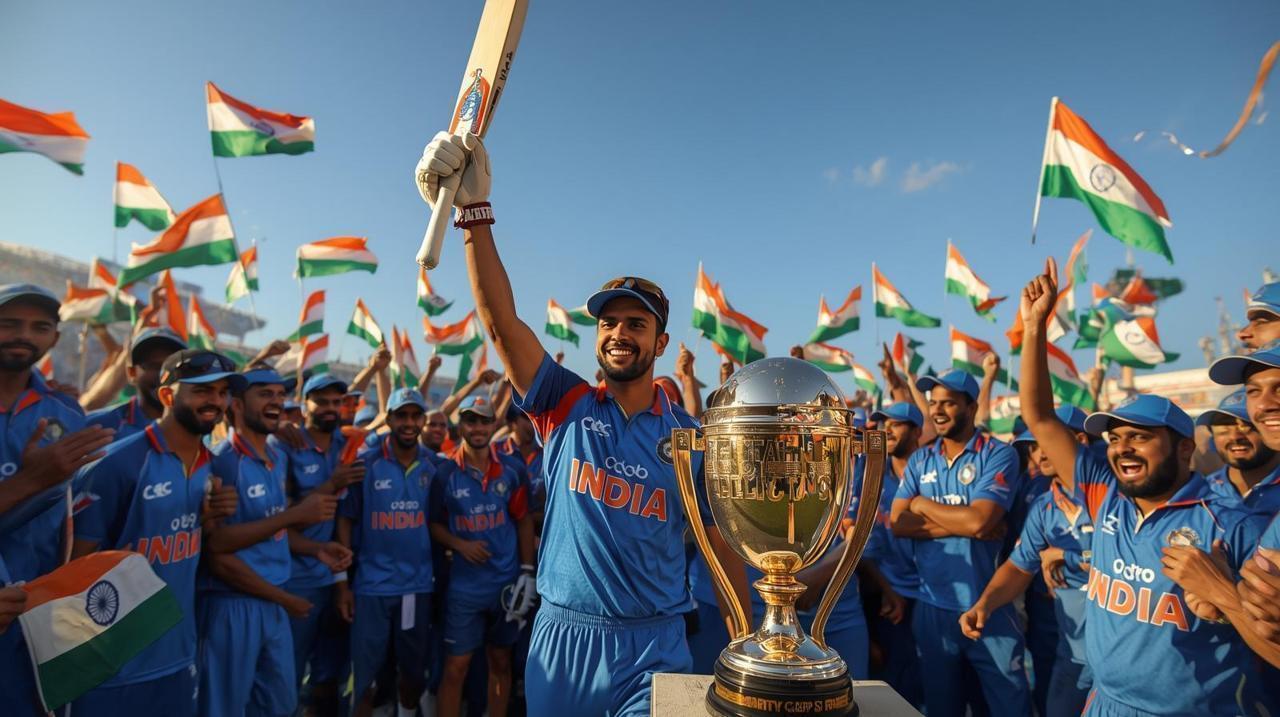
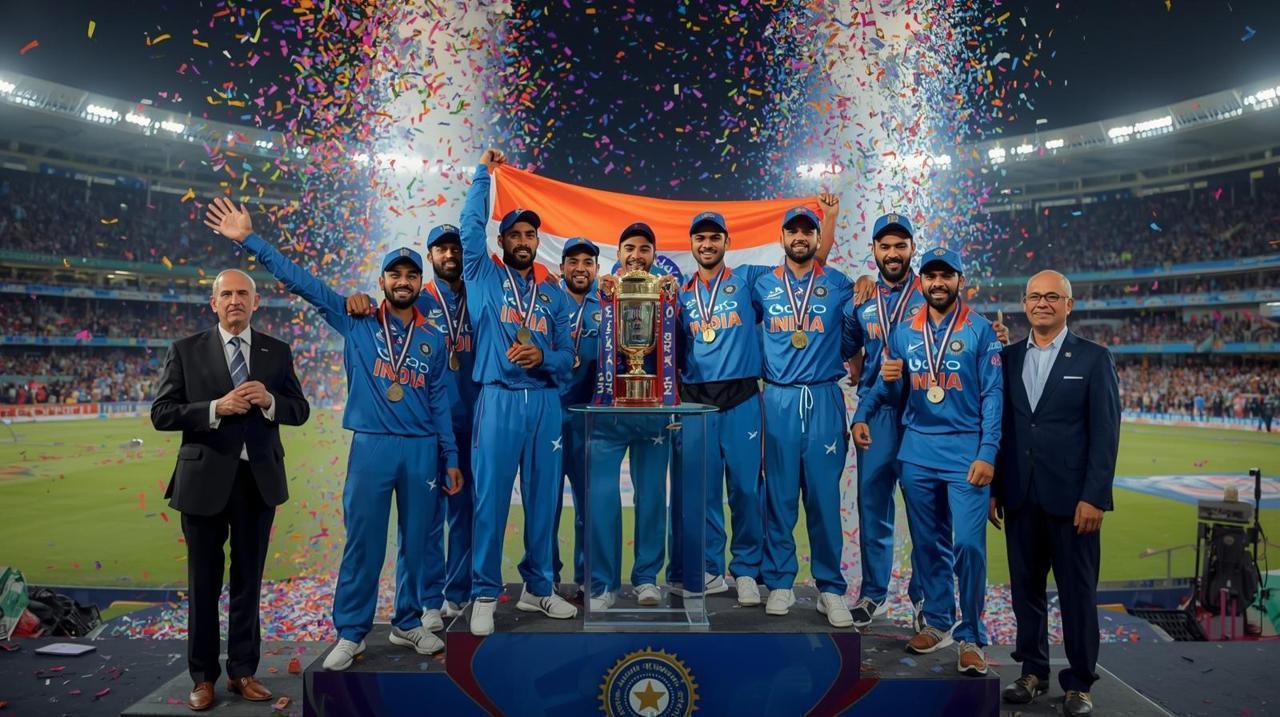





Sinner & Swiatek Shine at China Open: Semifinal Spots Secured
Jannik Sinner and Iga Swiatek advance to the semifinals at the China Open. Read about their victori

Michigan church attack kills 4, injures 8 in shocking violence
A gunman drove into a Michigan church, fired shots, set fire, killing 4 and injuring 8 before police

Moldova’s Pro-EU Party Secures Majority in Key Vote
Moldova’s pro-European PAS wins a strong majority in the parliamentary election, weakening pro-Russi

Gabriel’s late header gives Arsenal 2-1 win at Newcastle
Arsenal snatch dramatic 2-1 win at Newcastle as Gabriel heads the winner in stoppage time; Merino eq
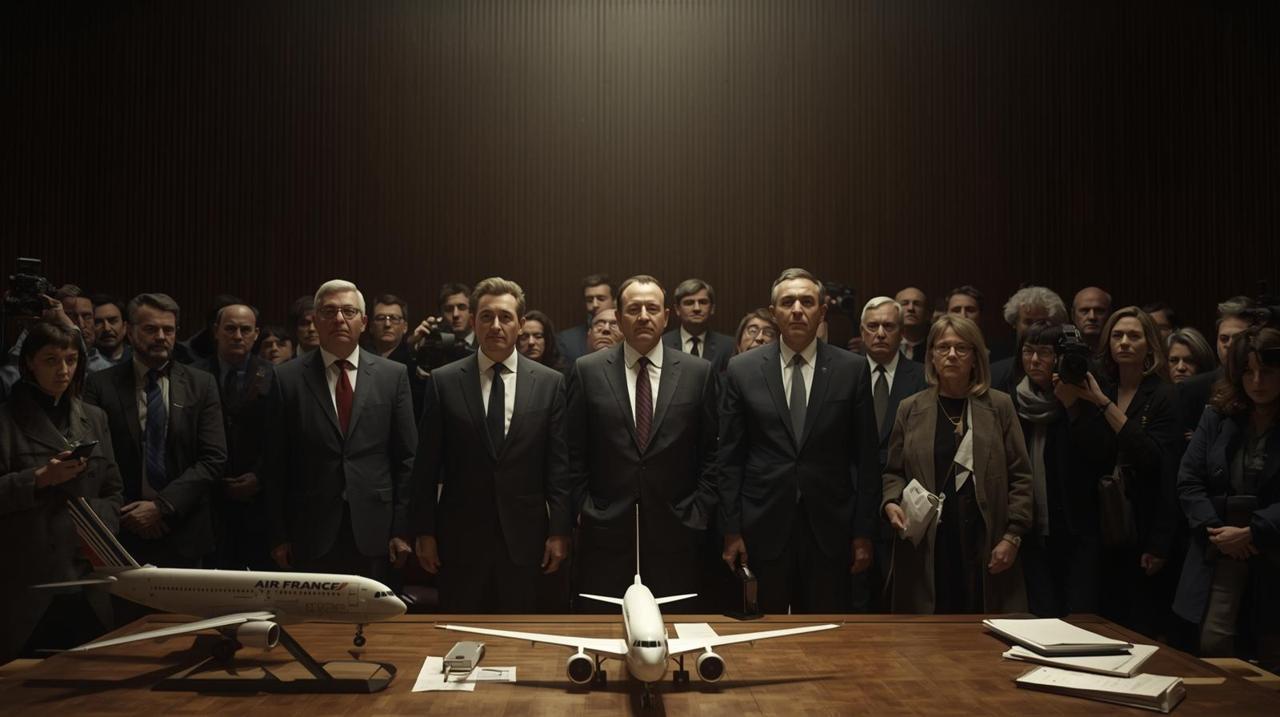
Air France Flight 447 Trial Opens 16 Years After Tragic Crash
Sixteen years after the Air France Flight 447 crash, a trial opens against Air France and Airbus. Le
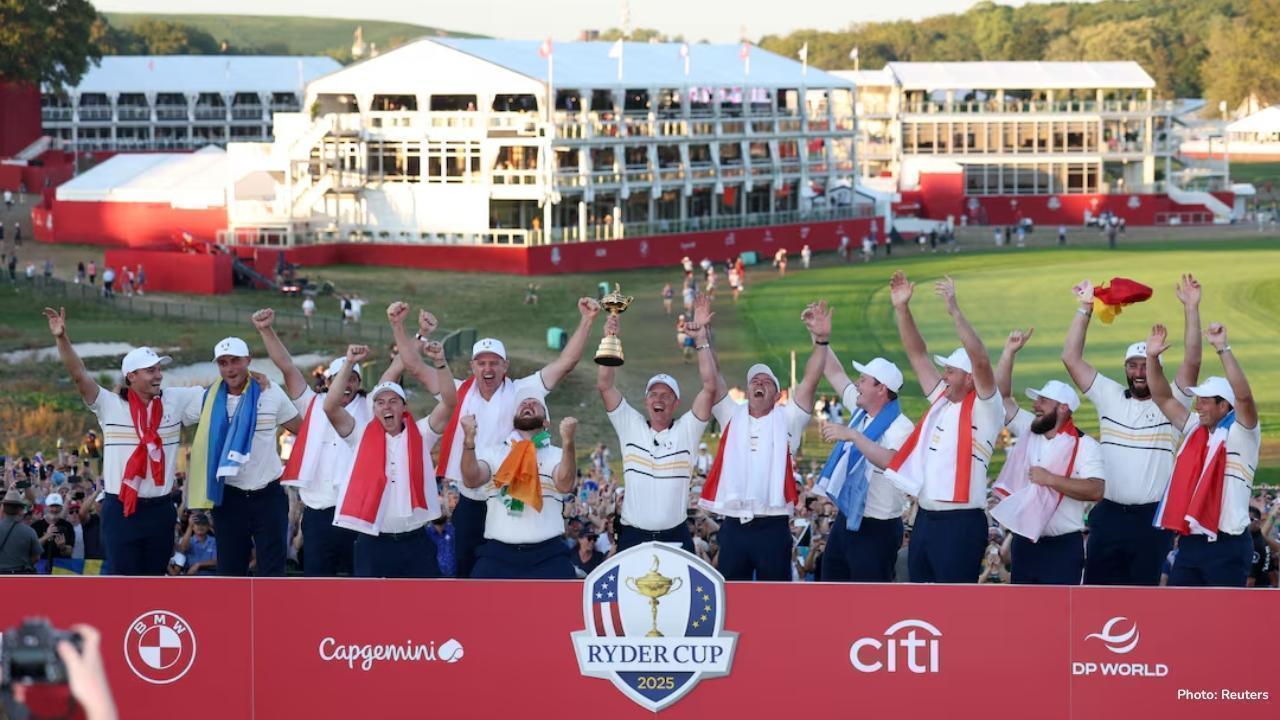
Europe close to Ryder Cup win after strong weekend play
Team Europe is on the verge of winning the Ryder Cup, showing great form in Italy and needing only a